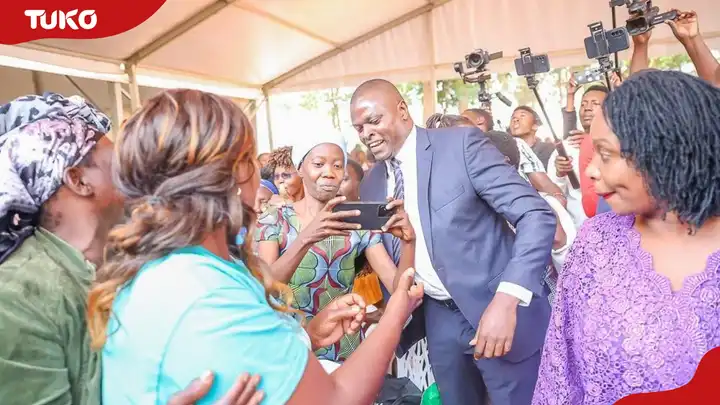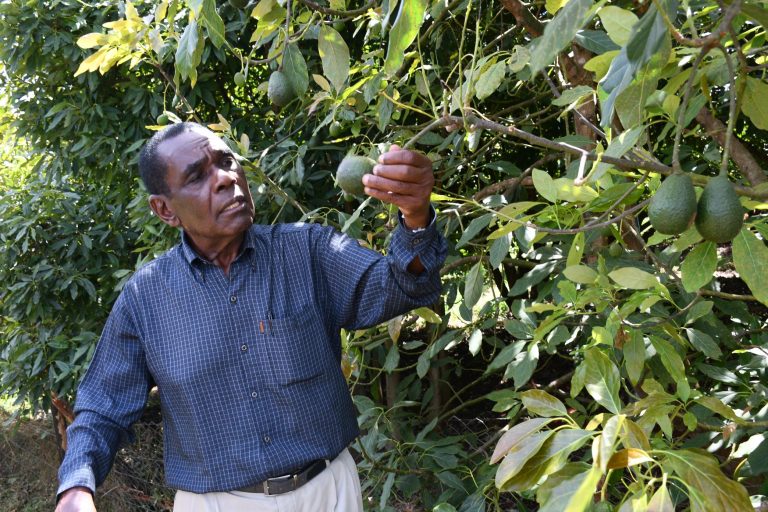The National Assembly Committee on Finance and National Planning will now commence public hearings on the Finance Bill, 2025 in counties, even as it affirmed contributions made will directly influence the final proposals.
The committee, which has been receiving views from various stakeholders in Nairobi for about seven days, will today (Tuesday) begin public hearings in Busia and Migori then Trans Nzoia and Nandi on Wednesday.
The committee’s vice chairman, Benjamin Langat, underscored the significance of public participation in the legislative process, saying all views will be integrated into the final report presented to the House.
“This is not an exercise in futility, it’s a very important exercise. This Finance Bill is a proposal to the National Assembly and it has to undergo the necessary legislative process including public participation to become law,” Langat explained.
Langat urged the public to consider the current Bill not in isolation, but in conjunction with the proposed budget estimates.
“I want to implore the public to desist from looking at the Finance Bill in isolation. When you tell us to employ junior secondary school teachers, or even more nurses, the money to cater for that must come from somewhere. This Bill is the instrument we use to raise such funds,” he said. On Saturday, various stakeholders presented their views on the Finance Bill.
The Kenya Association of Manufacturers, for instance, wants the proposal seeking to extend definition of ‘royalty’ under the income tax to include use of software through a distributor, deleted.
Clause 2 of the Bill on definition of royalty seeks to amend the definition of ‘royalty’ to encompass software distribution, specifically where regular payments are made for the use of software via a distributor.
KAM Chief Executive Tobias Alando said in their memorandum that they want this definition deleted and recommended that the definition of ‘royalty’ should follow international best practice and the Organisation for Economic Cooperation and Development (OECD) definition where the right-based approach is used.
“Under the right-based approach, only payment for the right of use, right to use and copyrights qualify as royalties. The proposed expansion of the definition of ‘royalty’ deviates from the globally accepted definition that borrows heavily from the OECD’s rights-based approach under which only payments for the use of, or the right to use, copyrights qualify as royalties,” he explained.
He said payments for copyrighted products, such as off-the-shelf or prepackaged software, do not qualify as royalties under OECD’s rights-based approach.
On the a proposal, which calls for excise duty on imported gas cylinders at the rate of 35 per cent, KAM called for exemption of industrial and medical gas cylinders of tariff.
According to KAM, industrial and medical gas cylinders are critical for various sectors of the economy, specifically the health sector but are not manufactured in Kenya or in the region.
“Importing this kind of gas cylinder attracts a 35 per cent excise duty, which was introduced in Kenya in 2019, primarily aimed at promoting local manufacturing and reducing reliance on imports for LPG cylinders, which at that time, under the EAC Common External Tariff (CET), has no distinct description from other compressed gas cylinders,” KAM explained.
The International Institute for Legislative Affairs Chief Executive Officer Celine Awuor also made their submissions on the proposed taxation measures focusing on public health concerns related to tobacco, alcohol, and sugar-sweetened beverages .
The institute said tobacco use as a major risk factor for NCDs, causing over 8,000 deaths annually in the country.
“Taxes on emerging nicotine products, such as oral nicotine pouches and electronic cigarettes, are also significantly lower despite being heavily marketed to youth,” the institute stated.
Saying that SSB are a significant contributor to NCDs, they recommended increasing the current excise tax rates for these products by at least 10 per cent, urging the committee to consider implementing a sugar-based excise tax on SSBs as part of a comprehensive NCD prevention strategy.
On alcohol taxation, the institute proposed increasing the excise duty on beer from Sh22.5 to Sh33 per centiliter of pure alcohol, saying this would restore the excise tax share above 28 per cent while reducing youth initiation, and boosting government revenue.
The Kenya Youth Climate Advisory Council (KYCAC), who also submitted a memorandum to the committee, pointed out Clause 42(a)(vii) which proposes an excise duty of 25 per cent or Sh200/kg on imported plastic films.
According to the council, the provision could significantly increase costs for young enterprises offering sustainable packaging alternatives, potentially making eco-friendly products uncompetitive.
They said that initial consultations with youth-led entrepreneurs in sustainable packaging, including those from the Mombasa Plastics Prize Incubator, had projected that such a duty would make their products uncompetitive.
KYCAC also proposed a significant reduction to Sh50/kg or 5 per cent for certified biodegradable or compostable plastic film imported by youth-owned enterprises, solely for direct use in sustainable packaging.
By Irene Githinji












